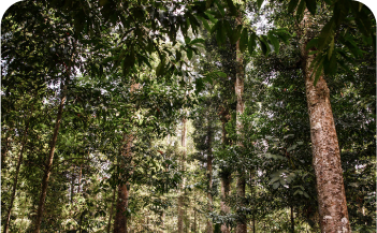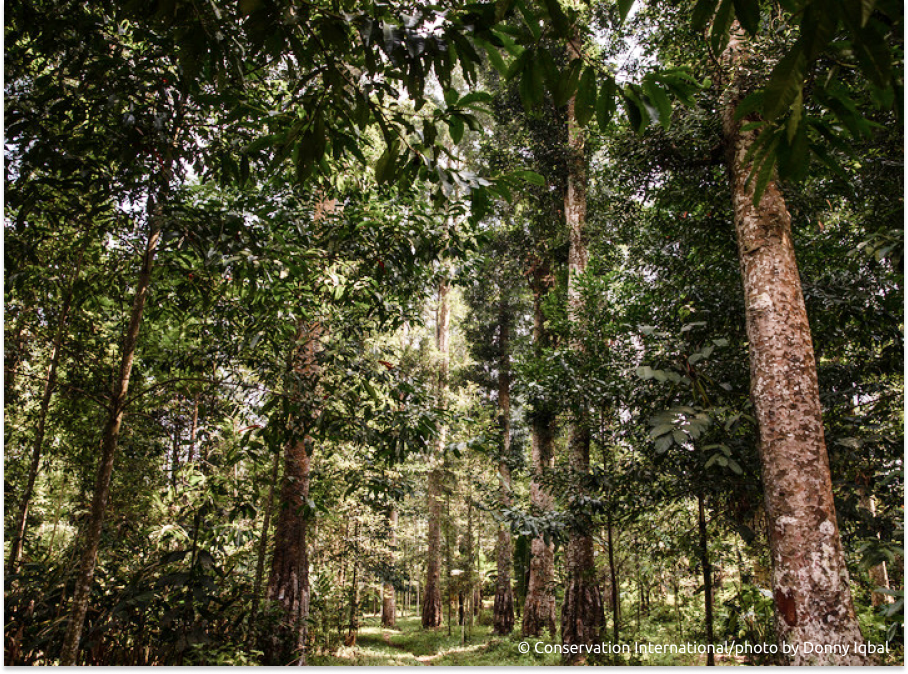Forest restoration and marine conservation

Url Hash
Components

Indonesia's 17,000 islands are home to nearly 250 million people. From these islands' forests, farms and surrounding oceans, people receive food, fresh water and a stable climate. In West Java, the Gedepahala landscape provides essential freshwater to 30 million people in downstream cities, including Jakarta.
In 2003, the Government of Indonesia expanded the two National Parks within Gedepahala to protect the rich biodiversity, ensuring this watershed was maintained, and to reduce the risk of other impacts caused by forest degradation such as landslides and flooding. Much of the new area was already degraded due to small-scale agriculture and therefore required restoration.
Since 2008, Conservation International, together with the management authority of Gunung Gede Pangrango National Park and various partners, have supported the Indonesian government in their restoration efforts in one of these parks, the Gunung Gede Pangrango National Park, through the 'Green Wall' project. This multi-stakeholder effort is focused on restoring and maintaining 300 hectares of degraded forests, while engaging local communities, children, and government to value and protect this ecosystem. Our partnership with CIAP is contributing to this ongoing effort.
The partnership will also contribute to the protection of the Bird’s Head Seascape (BHS), recognised as the global epicentre of marine biodiversity and vital to over 350,000 people. The BHS is home to over 1,800 species of fish, three quarters of the world's hard corals, and to this day new species are found regularly. The underwater paradise faces threats from destructive and illegal fishing, overharvesting, and poorly planned coastal development.
The partnership will support Conservation International's ongoing programmes which provide conservation education, livelihood improvement and are helping to develop sustainable marine tourism.
Stay updated with more Conservation International Asia-Pacific news on how their various conservation efforts have continued to positively impact critical ecosystems, biodiversity and also human well-being around the world.
